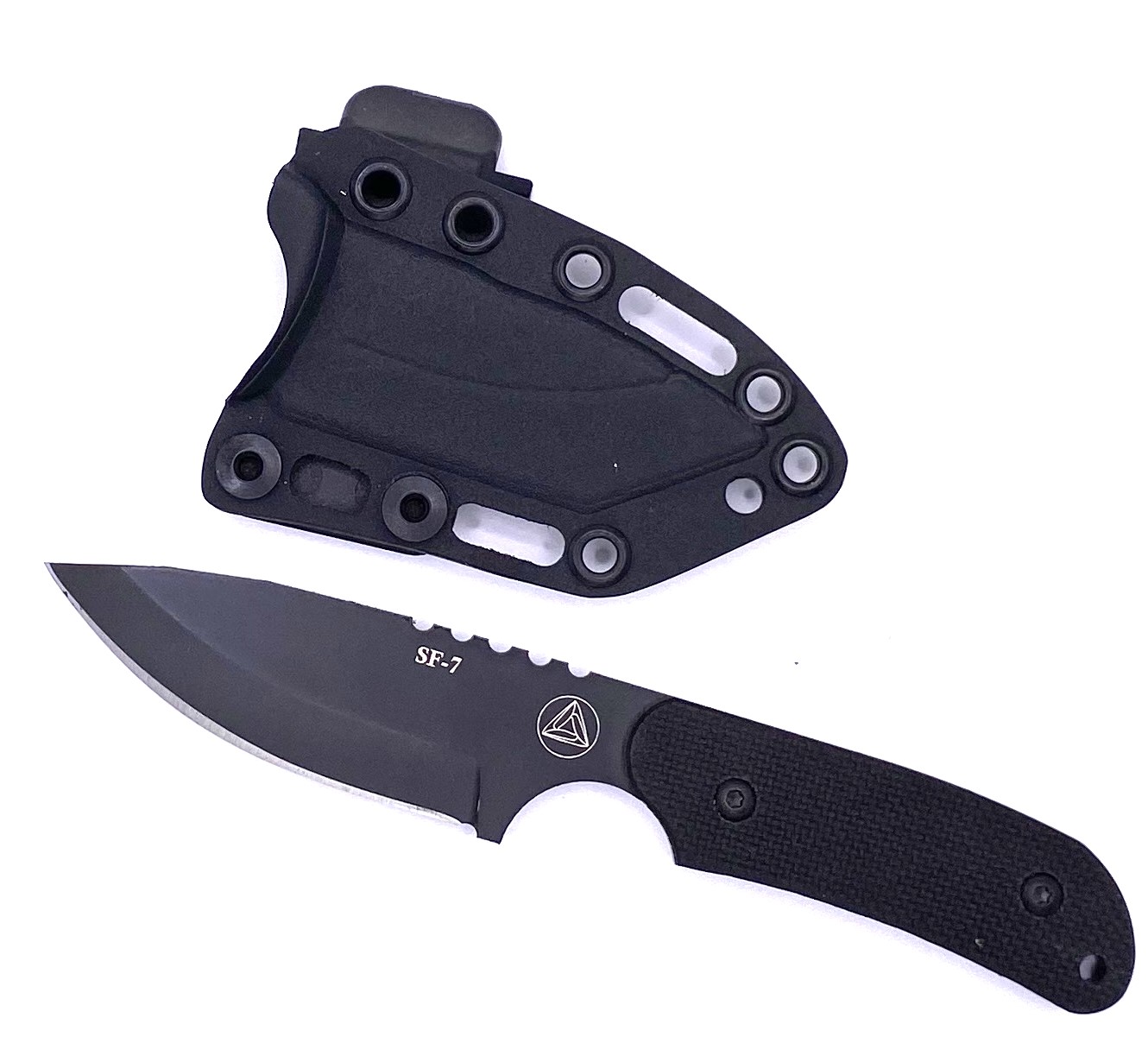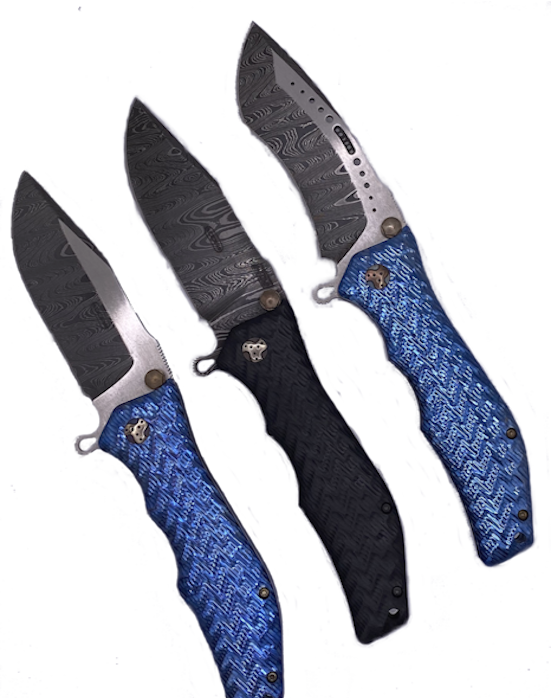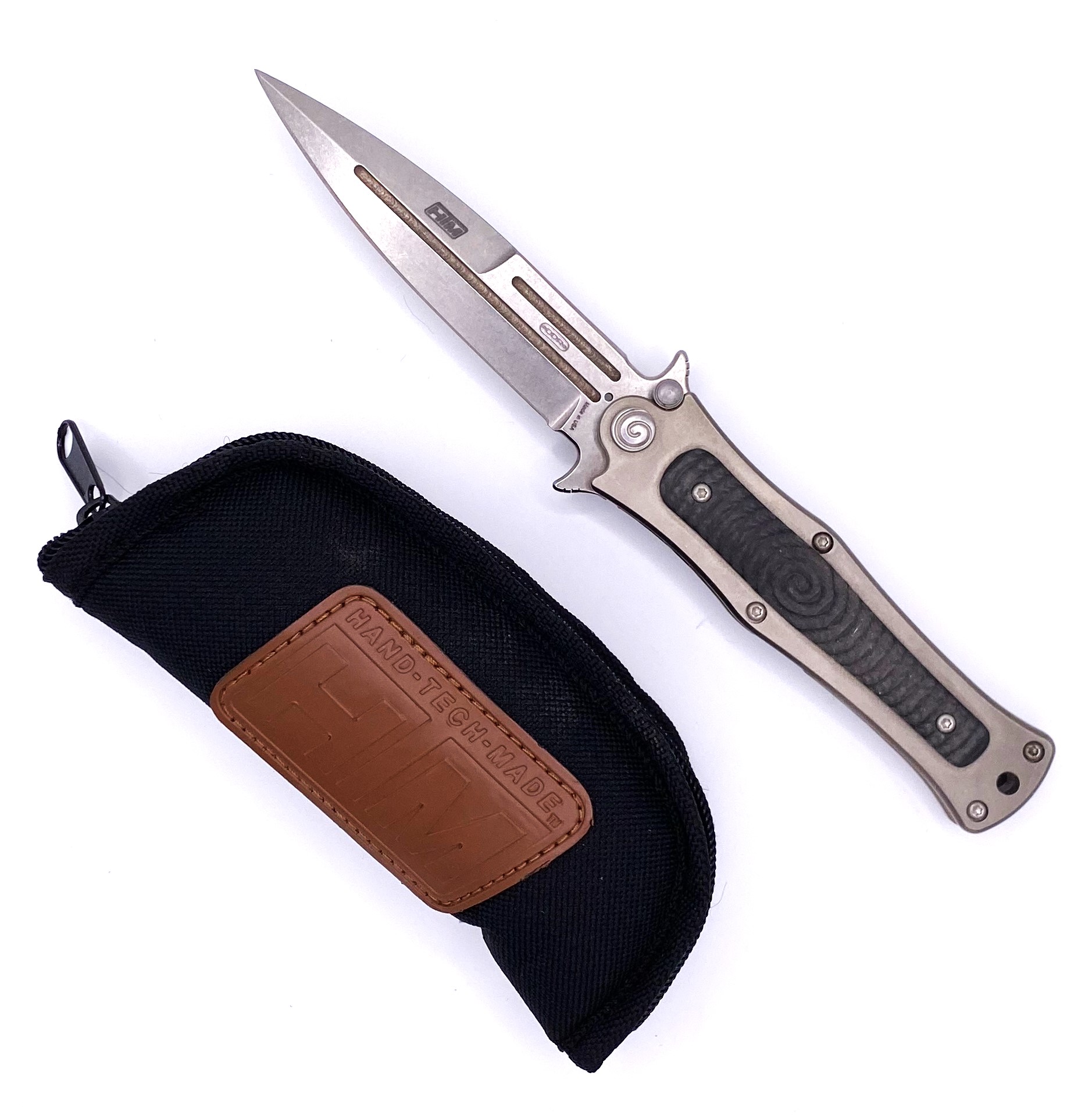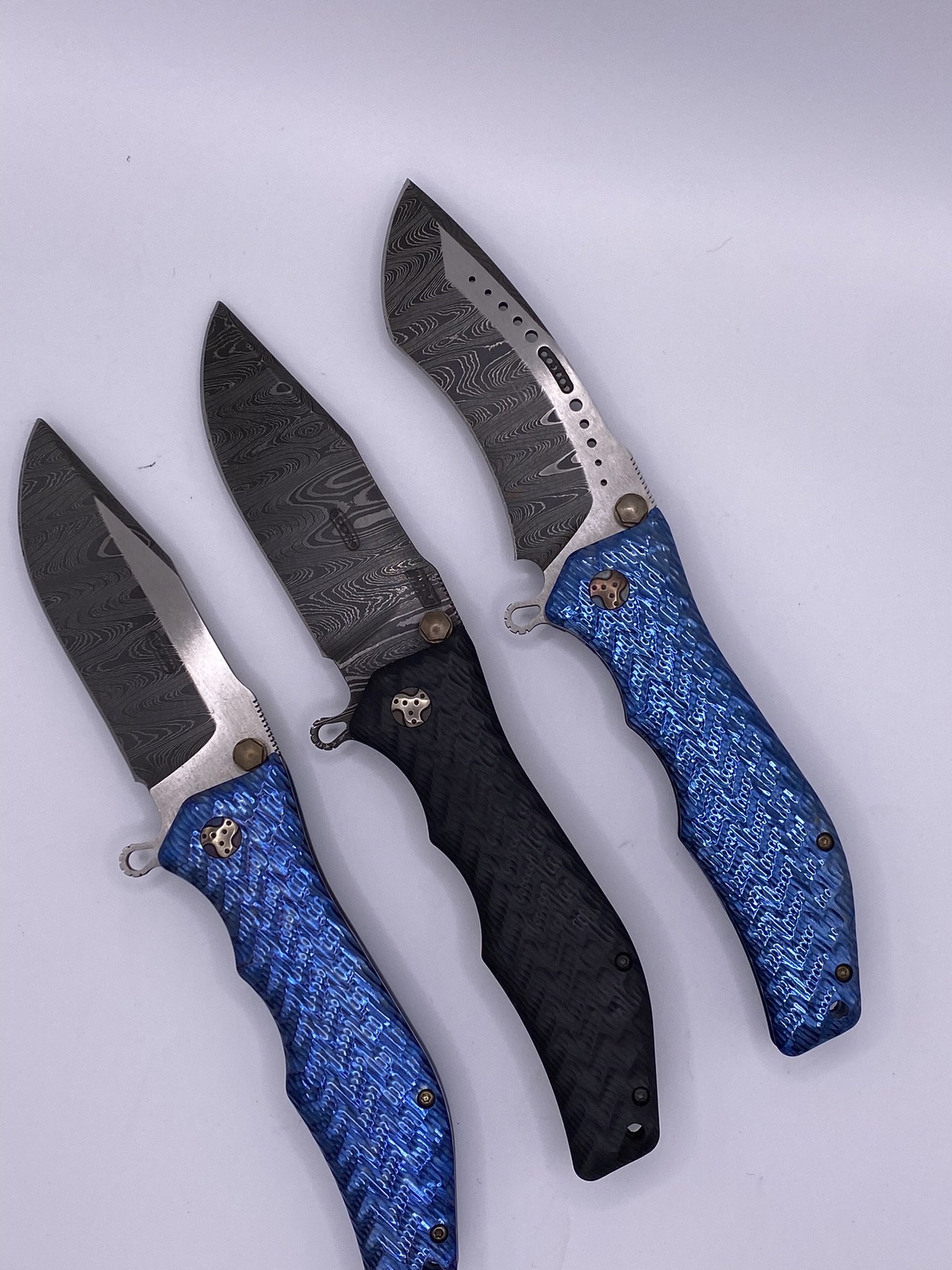
A metallurgist is a professional who specializes in the field of metallurgy, which is the study of metals and their properties, production, and applications. Metallurgists work with various types of metals and alloys, aiming to understand their behavior, improve their properties, and develop new materials and processes. The role of a metallurgist can encompass a wide range of activities, depending on their area of specialization. Here are some key aspects of what metallurgists do:
- Material Analysis:
- Metallurgists analyze the physical and chemical properties of metals and alloys. This includes studying their microstructures, crystallography, and composition to understand how these factors affect material performance.
- Metal Processing:
- Metallurgists are involved in the design and optimization of processes for extracting metals from ores, refining them, and shaping them into useful products. This can include processes such as smelting, casting, forging, and heat treatment.
- Quality Control:
- Metallurgists play a crucial role in quality control, ensuring that manufactured metal products meet specified standards for strength, hardness, durability, and other mechanical properties. They may use various testing methods and equipment for quality assurance.
- Alloy Development:
- Metallurgists work on developing new alloys with specific properties tailored for particular applications. This may involve combining different metals or adjusting the composition of existing alloys to achieve desired characteristics, such as increased strength or corrosion resistance.
- Failure Analysis:
- When metal components fail or exhibit unexpected behavior, metallurgists conduct failure analysis to determine the root causes. This involves investigating factors like material defects, fatigue, corrosion, or manufacturing issues.
- Research and Development:
- Metallurgists engage in research to advance the understanding of metallurgical principles and develop innovative materials and processes. This can lead to improvements in the performance, cost-effectiveness, and sustainability of metal-based products.
- Environmental Considerations:
- Metallurgists may be involved in environmentally conscious practices, such as developing processes that reduce environmental impact, recycling methods, or finding alternatives to traditional materials.
- Consulting:
- Some metallurgists work as consultants, offering their expertise to industries that use metals. They may provide advice on material selection, process optimization, and troubleshooting.
- Education:
- Metallurgists often contribute to education by teaching at universities or providing training within industries. They may also be involved in mentoring the next generation of metallurgists.
Metallurgists may specialize in different branches of metallurgy, such as physical metallurgy, extractive metallurgy, or process metallurgy, depending on their focus within the field. Their work is essential in various industries, including manufacturing, mining, aerospace, automotive, and materials research.


